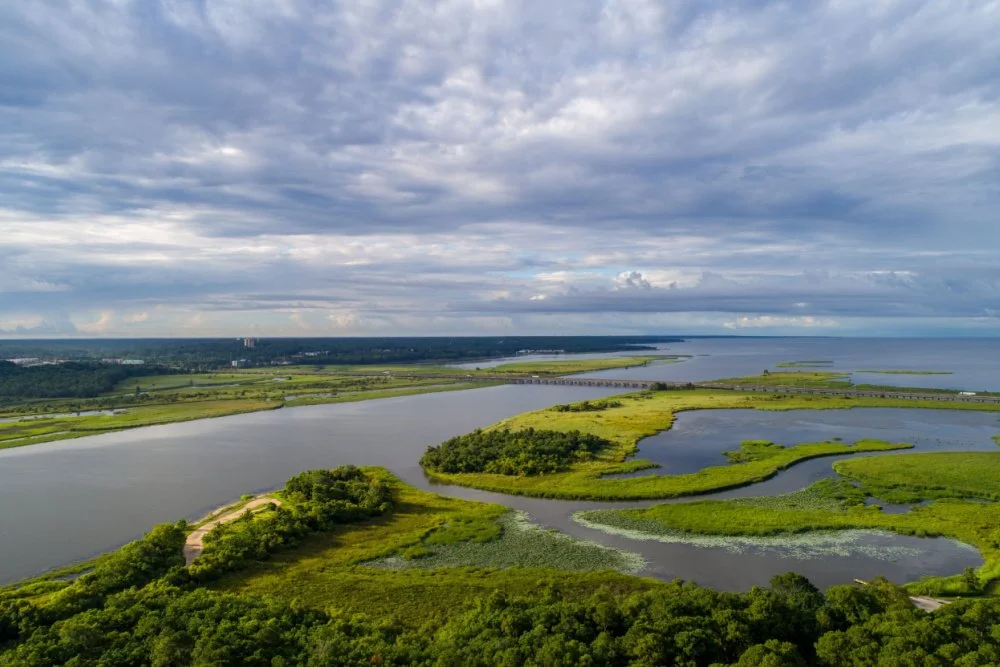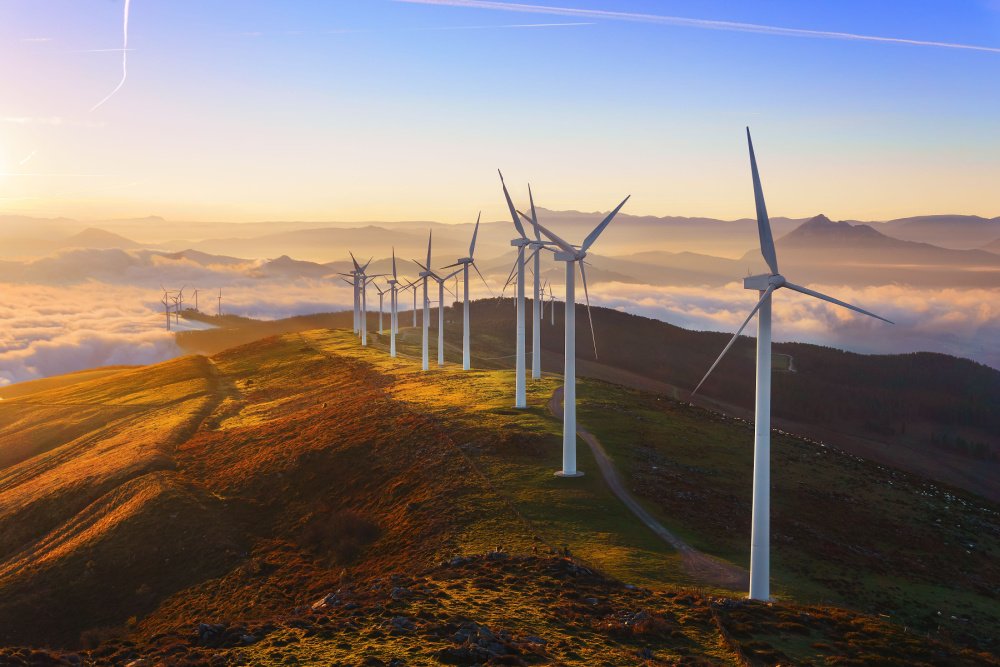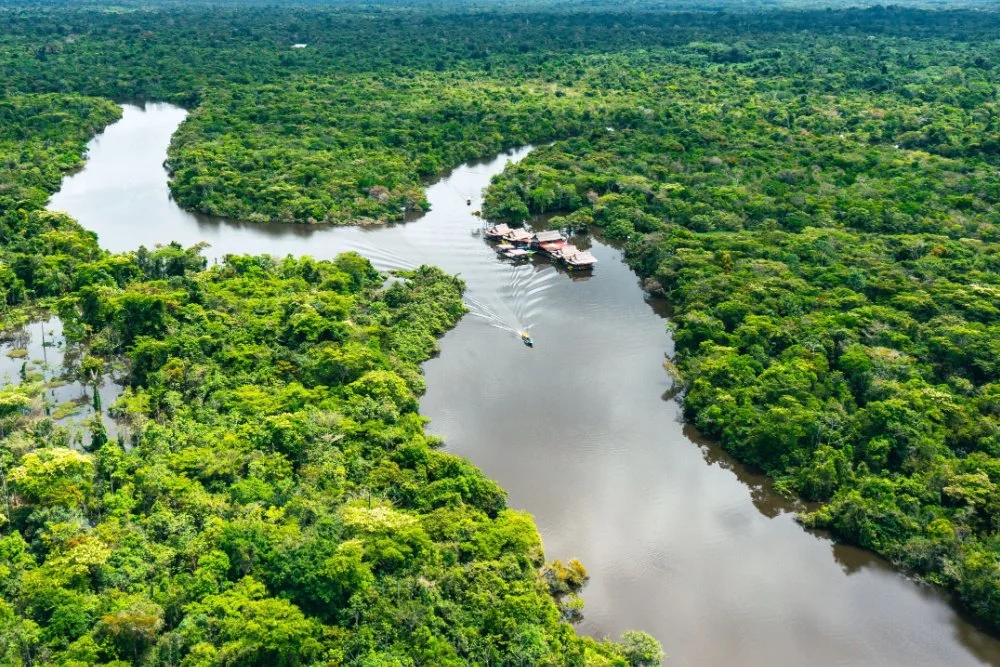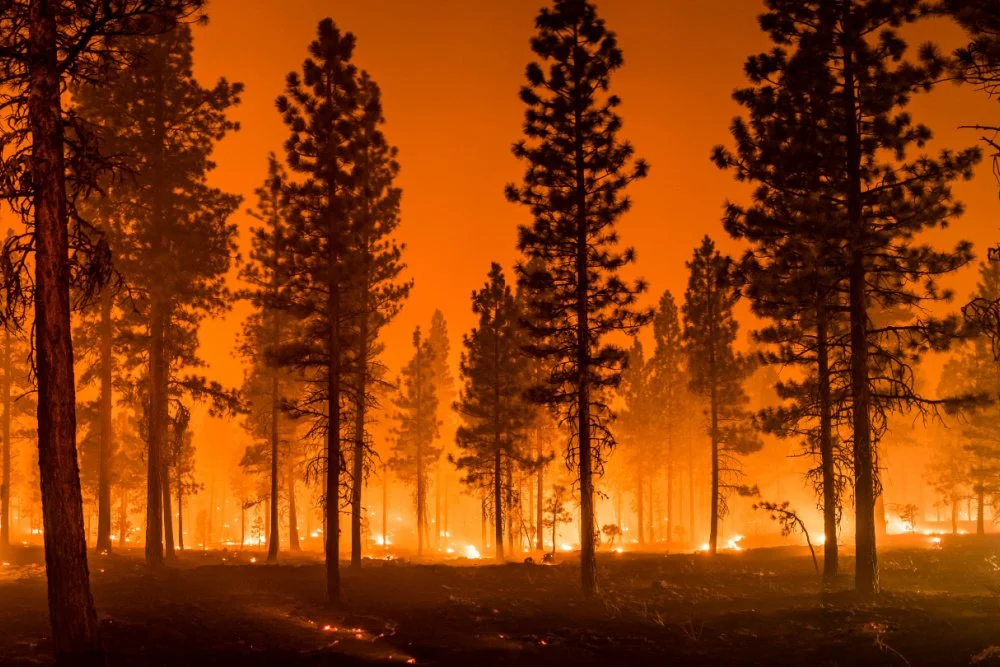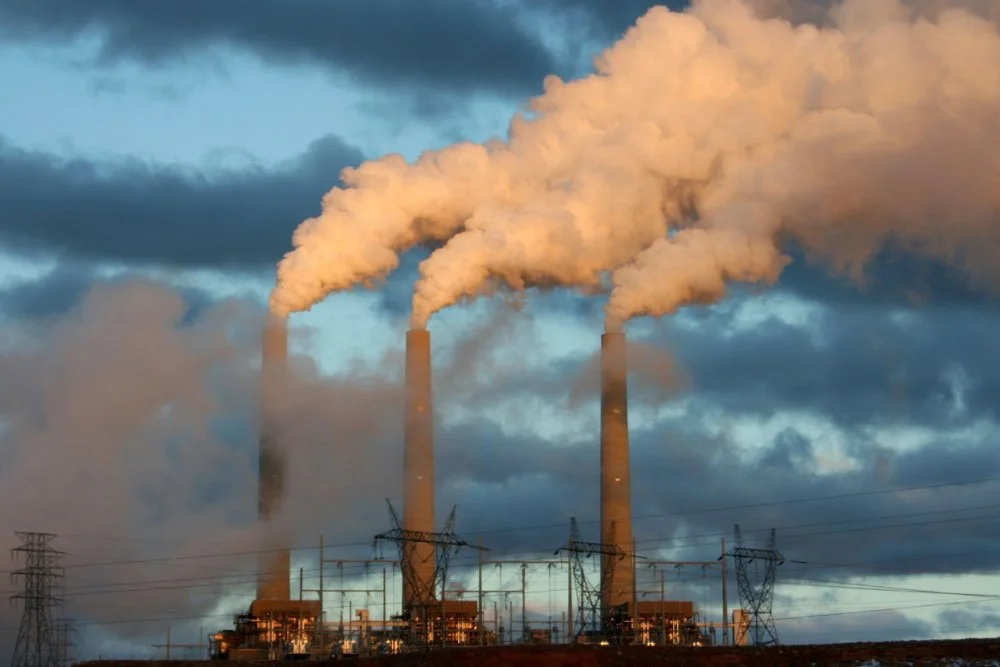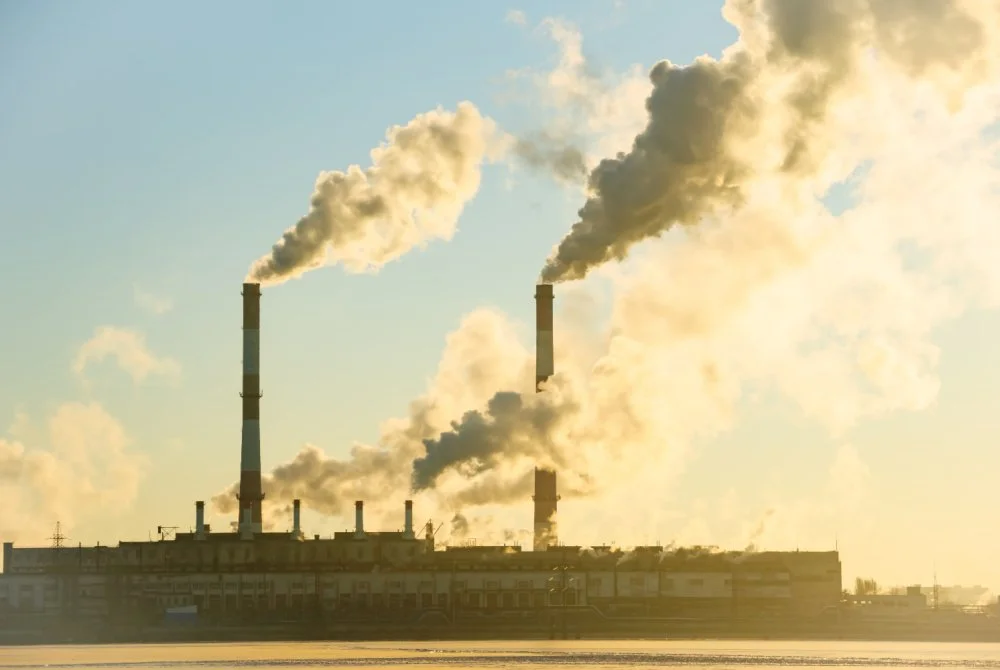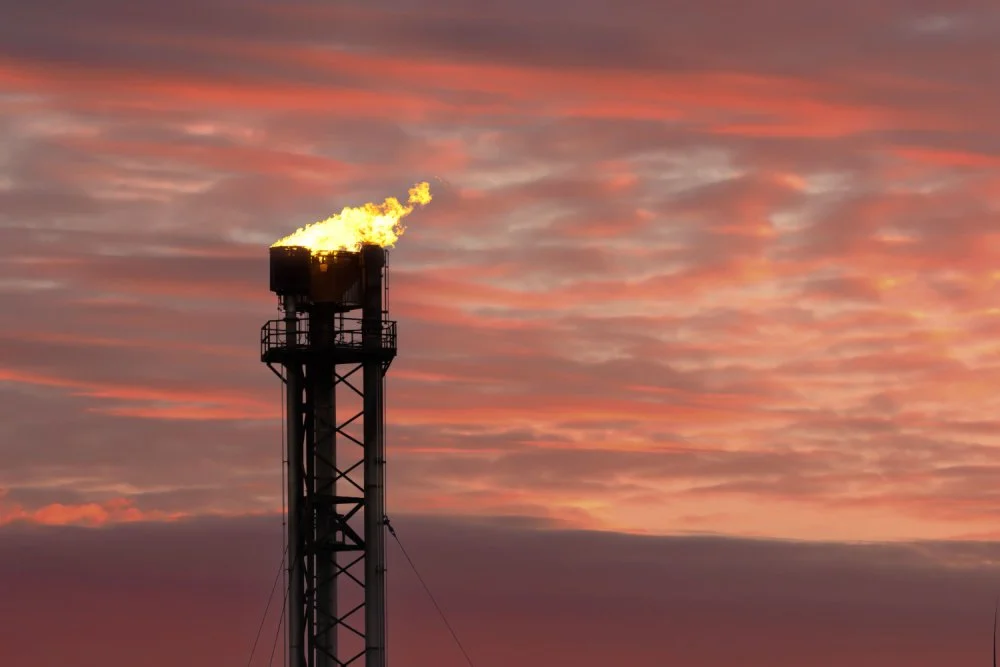Bloomberg, the Spock of Philanthropy, Doubles Down Against Coal
/Mike Bloomberg is one of the most fascinating philanthropists of our time, and with a recent $30 million pledge to the Sierra Club, he’s secured his standing as an all-time top environmental donor. But it does raise the question: Why the fixation on coal?
We’ve written a lot about Bloomberg’s unique brand of philanthropy—the wide swath of topics, the all-or-nothing approach to picking grantees. But one thing that defines his giving the most is that nerdy pragmatism that drives all of his causes. Perhaps no other giving demonstrates Bloomberg Philanthropies’ love of cold, hard numbers than his devotion to the Sierra Club Beyond Coal campaign.
If you missed it, Bloomberg in 2011 committed $50 million to the Sierra Club for its mostly grassroots campaign to shut down or prevent new coal plants in the United States. It was the largest he had ever given to an environmental effort, and this week he added another $30 million to that sum, plus an additional $30 million in matched gifts from other donors.
As reported in Politico, the gift was dependent on Sierra Club providing more data about where it would spend the money, as well as more stringent tracking of its progress and success.
More data. Of course Mike asked for that.
Indeed, Bloomberg’s coal giving, along with most of his other philanthropy, is all about posting big numbers. The Sierra Club has claimed some of the credit for shutdown of 188 coal plants. In his speech announcing the gift, Bloomberg cited 7,500 fewer heart attacks and 80,000 fewer asthma attacks this year due as a result of closed coal plants. He cites 5,500 lives saved in a year. The Sierra Club’s goal is to shut down 50 percent of the country’s coal fleet from 2010, by 2017.
That’s the kind of data you simply cannot get in other environmental campaigns, and that’s why Bloomberg loves it. He tends to find a problem with big bad numbers attached to it, but where with the right-sized nudge, big improvements can happen relatively fast. Traffic deaths, tobacco, gun violence (his toughest foe, although again one with big potential outcomes), even soda consumption.
In other words, as we’ve said before, he looks for low-hanging fruit. With seemingly little concern for ideology or political fallout, Bloomberg does the math and writes the check.
None of this is to say this giving is not effective or important. Coal is nasty as hell, and a more than worthy adversary with a ton of special interest power. My favorite analysis of this comes from this recent article on environmental externalities, which says, “surprising no one, coal is the enemy of the human race.”
The coal campaign also fits Bloomberg’s public health mission, his concern with climate change, and his strategy to champion communities as leaders. But let’s be honest here: Coal is sort of the weak gazelle in the fossil fuel herd.
The EPA is famously gunning for the industry with strict new regulations. And the economics are badly stacked against coal right now. With the natural gas boom, it’s just become way too expensive of a power source. You have to wonder how many of these plants would close in time no matter what, even without the Sierra Club’s organizing pushing them out the door. Aren’t there other campaigns that could use $110 million?
In fact, Bloomberg’s stance on natural gas is a good example of this extreme pragmatism. Natural gas drilling could be a prime campaign for Bloomberg Philanthropies to take on. After all, gas drilling is perpetuating the country’s reliance on fossil fuels, and there are plenty of public health concerns. It even fits his M.O. of fighting battles in cities or communities, where the fracking fight mainly lives these days.
But Bloomberg is totally cool with fracking. He’s channelled big money to stopping coal, while writing opinion pieces in favor of natural gas as a sensible alternative. Meanwhile, his champs at the Sierra Club are running a Beyond Natural Gas campaign, calling fracking “dirty, dangerous, and run amok.”
It seems completely irrational, until you think about it strictly by the numbers. The economics fall much more in favor of natural gas, and the health data (for now) is not nearly as stark as with coal. Mike did the math and picked one.
It does make you think: With the kind of wealth Michael Bloomberg has, he could tackle the biggest, toughest, most insurmountable foes out there—in effect, go after higher fruit. And maybe he will. For now, though, Mike's gunning for the sure-fire wins.
Related IP Posts:
- Body Count: Mike Bloomberg's Killer Formula for Effective Philanthropy
- As Bloomberg Spends More to Save Lives, He Wants Better Data on How People Die
- Will Mobile Apps Really Improve Museums? Bloomberg Thinks So.
- Is Impact Investing the Next Big Thing for Bloomberg?
- Bloomberg and Climate Change: Bigger Giving Ahead?
- A Closer Look at Bloomberg's Latest Clean Energy Give
- Bloomberg Joins the Red Hot Global Battle Over Reproductive Rights
- Bloomberg and Gates Fund a New Kind of Fight Against Big Tobacco
- Behind Bloomberg's African Media Push
- Now Bloomberg Wants to Stop Kids From Drowning in Bangladesh
- Since When Does Mike Bloomberg Care About Fishing?
- How Will Emma Bloomberg Shape Her Family's Philanthropy?
- How Much Does Diana Taylor Influence Bloomberg's Mega Giving?
- Bloomberg’s Traffic Safety Program Casting a Wider Net










